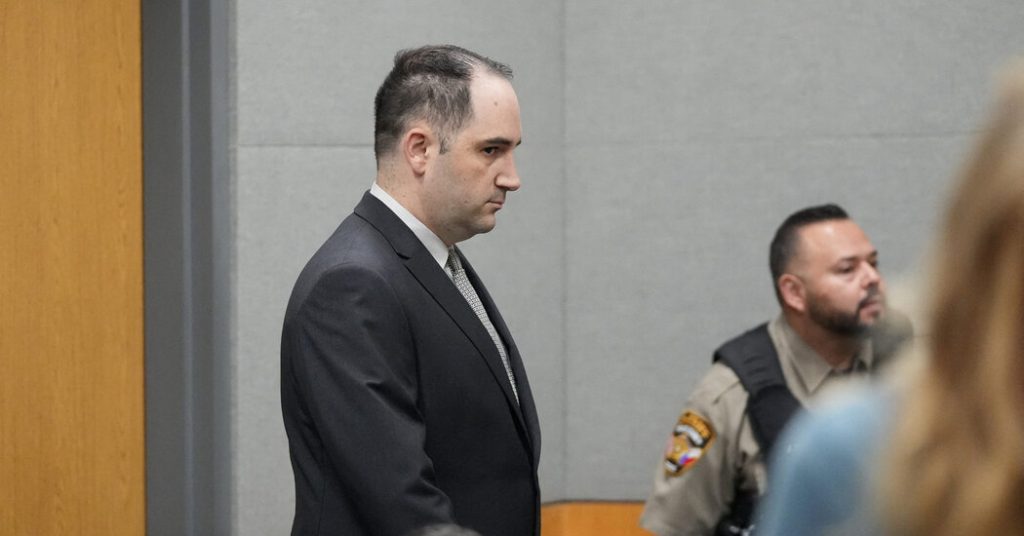Gov. Greg Abbott of Texas granted a pardon to Daniel S. Perry, a man who was convicted of fatally shooting a protester during a Black Lives Matter demonstration in 2020 following a Board of Pardons and Paroles recommendation. Perry’s lawyers argued self-defense, but prosecutors presented evidence of racist online comments he made and described him as a “loaded gun.” Despite arguments against the pardon from the Travis County district attorney, the board recommended it, citing Texas’ “stand your ground” law.
The decision to grant Perry a pardon was met with criticism from the family of the protester, Garrett Foster, who was killed by Perry. It led to questions about whether the governor’s decision was politically motivated. The case dealt with issues such as protests over police brutality, the use of military-style rifles in civilian settings, and the legal rights of individuals to defend themselves. The jury ultimately convicted Perry despite the self-defense argument during the trial.
Abbott criticized the district attorney for unethical behavior in the case, accusing him of withholding exculpatory evidence from the grand jury. The governor’s use of his official pardon proclamation to attack the district attorney raised further controversy. The district attorney, facing a potential removal from office under a new law, condemned Abbott’s decision, alleging that justice was not served and that the victim’s life was disregarded.
The governor’s decision to pardon Perry contrasts with his inaction on a recommendation for a posthumous pardon for George Floyd. The board reversed its recommendation for Floyd’s pardon after Abbott took no action, highlighting the inconsistency in the governor’s approach to pardons. Abbott’s move comes amid national unrest, with protests on college campuses over Israeli actions in the Gaza war. In Texas, Abbott has vehemently opposed pro-Palestinian protesters and dispatched state police to handle demonstrations.
The case involving Perry’s pardon underscores the deep divisions and complexities surrounding issues like protests, gun rights, and legal defenses, particularly in cases involving fatalities. The controversy surrounding the pardon decision has reignited debates on race, justice, and political motives in the criminal justice system. The conflicting positions on pardons for Perry and Floyd showcase the challenges of navigating high-profile cases and the tensions that arise from such decisions at a time of heightened social and political unrest in the United States.


